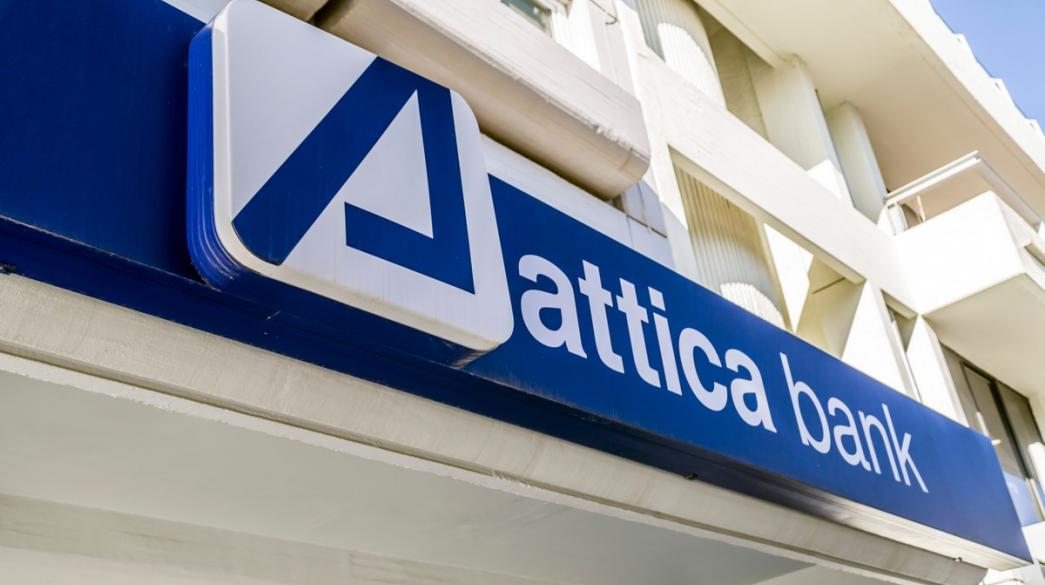Τhree proposals for Attica Bank's new operating model were presented last week to the largest shareholder, the Hellenic Financial Stability Fund, by the Boston Consulting Group, according to Business Daily’s sources.
The first proposal concerns the operation of Attica Bank as a fully digital bank, which means the transformation of the lender into a digital financial services platform. This plan is based on the Greek market’s gap in challenger banks, but the implementation of this proposal requires a digital revolution on the bank's behalf that, on the one hand, may not be bound by the constraints of a systemic bank, but on the other, is far from the operating standards of peers.
The second proposal concerns the transformation of Attica Bank into the bank for the construction sector. Given its history as a "bank of engineers" and the stake held by the (former engineer's fund) TSMEDE, for many the construction industry is considered an obvious target group, especially given the sector’s strong growth prospects in the coming years.
The third scenario provides for the bank's shift to small and medium-sized enterprises with the aim of filling the market’s funding gap in this key sector of domestic economy. Despite systemic banks' commitments to the contrary, industry data suggest a long-standing inability to finance smaller businesses, as this requires an investment of resources and know-how to examine individual business plans. BCG estimates that this need can be met by a bank the size of Attica Bank, which will maintain its network of 50 branches in order to have a presence throughout the country.
Industry sources, however, are concerned about whether the Greek market offers the luxury of a bank specializing and consider it more likely that the bank will combine all three strategies. Both the challenger bank and the focus on SMEs entail the shrinking of Attica Bank's branch network, a sensitive issue that needs time to be settled, as well as significant funds for the surplus of staff to leave with voluntary exit programs.
According to the same sources, BCG is collecting feedback from stakeholders (shareholders and regulators) on the three operating models, in order to refine its proposal in terms of budget and timing. Market players, however, tell BD that Attica Bank’s transformation based on the above scenarios requires capital that may exceed 200-250 million euros.
Another key question is which management will lead the institution's ambitious transformation. Current CEO Michalis Andreadis has been temporarily appointed by the shareholders, HFSF and Ellington, with a maximum term until mid-2023. Yet, sources do not take it for granted that the CEO will complete his term of office, given that a crucial share capital increase of at least 345 million euros will take place next September, possibly under a new administration.









